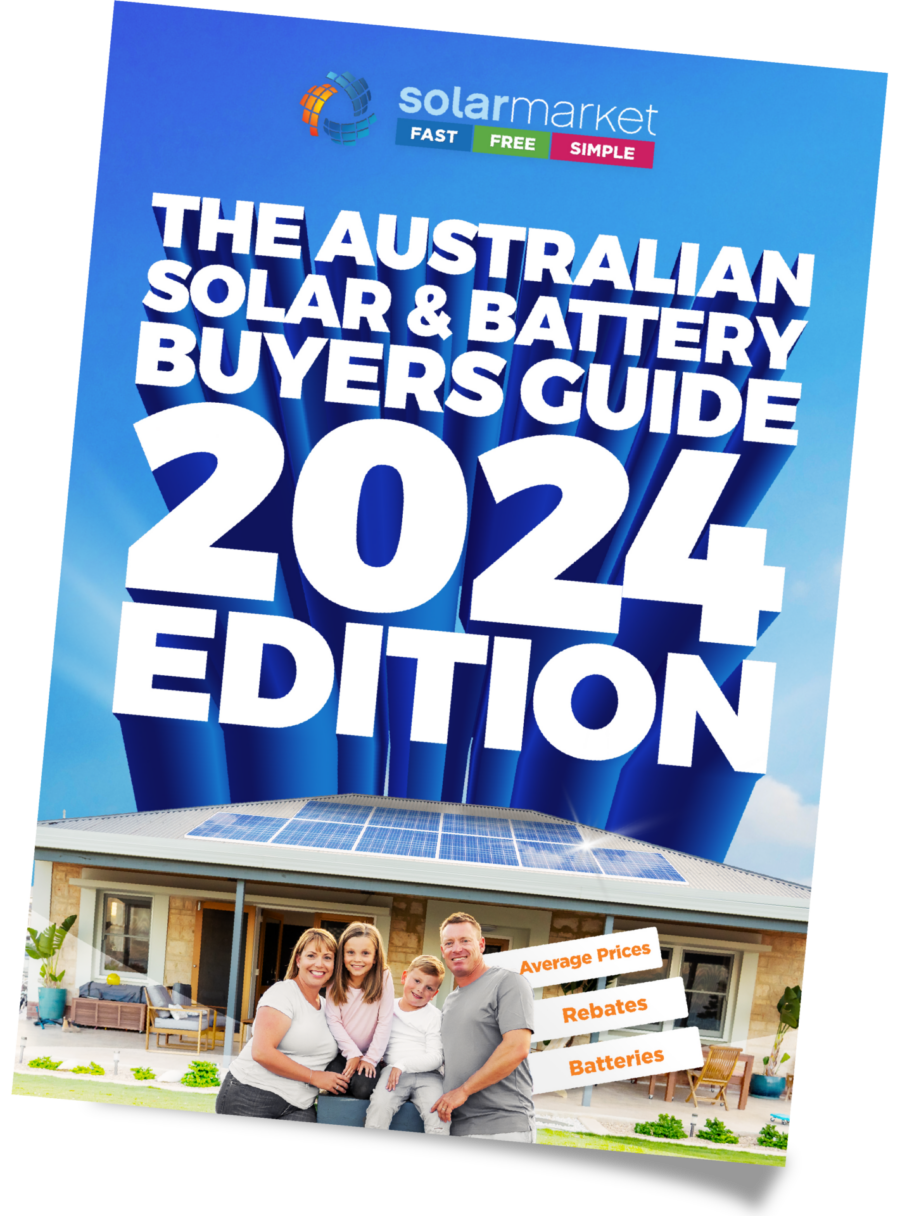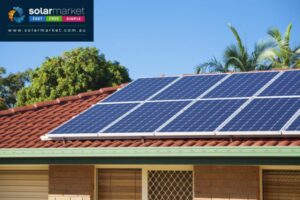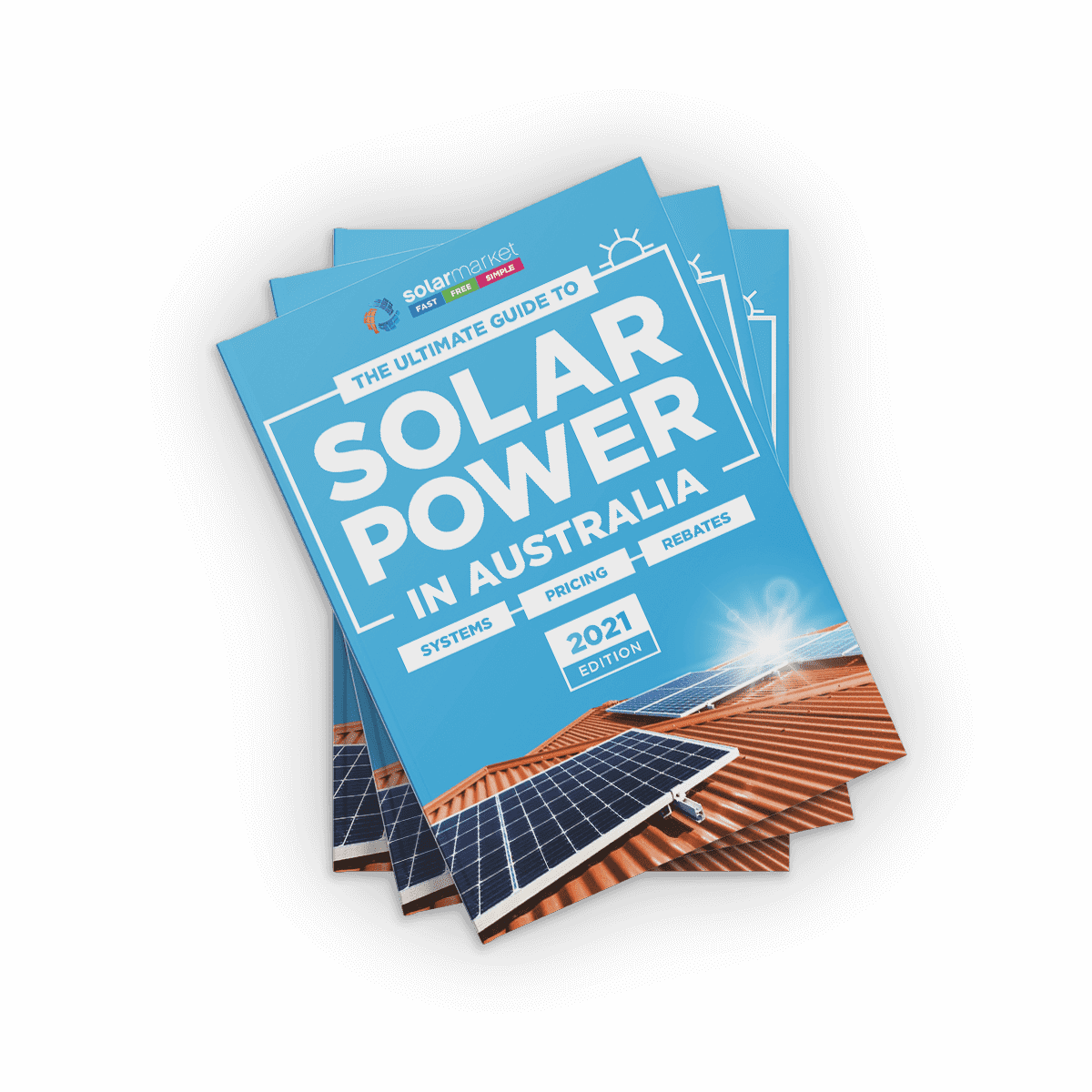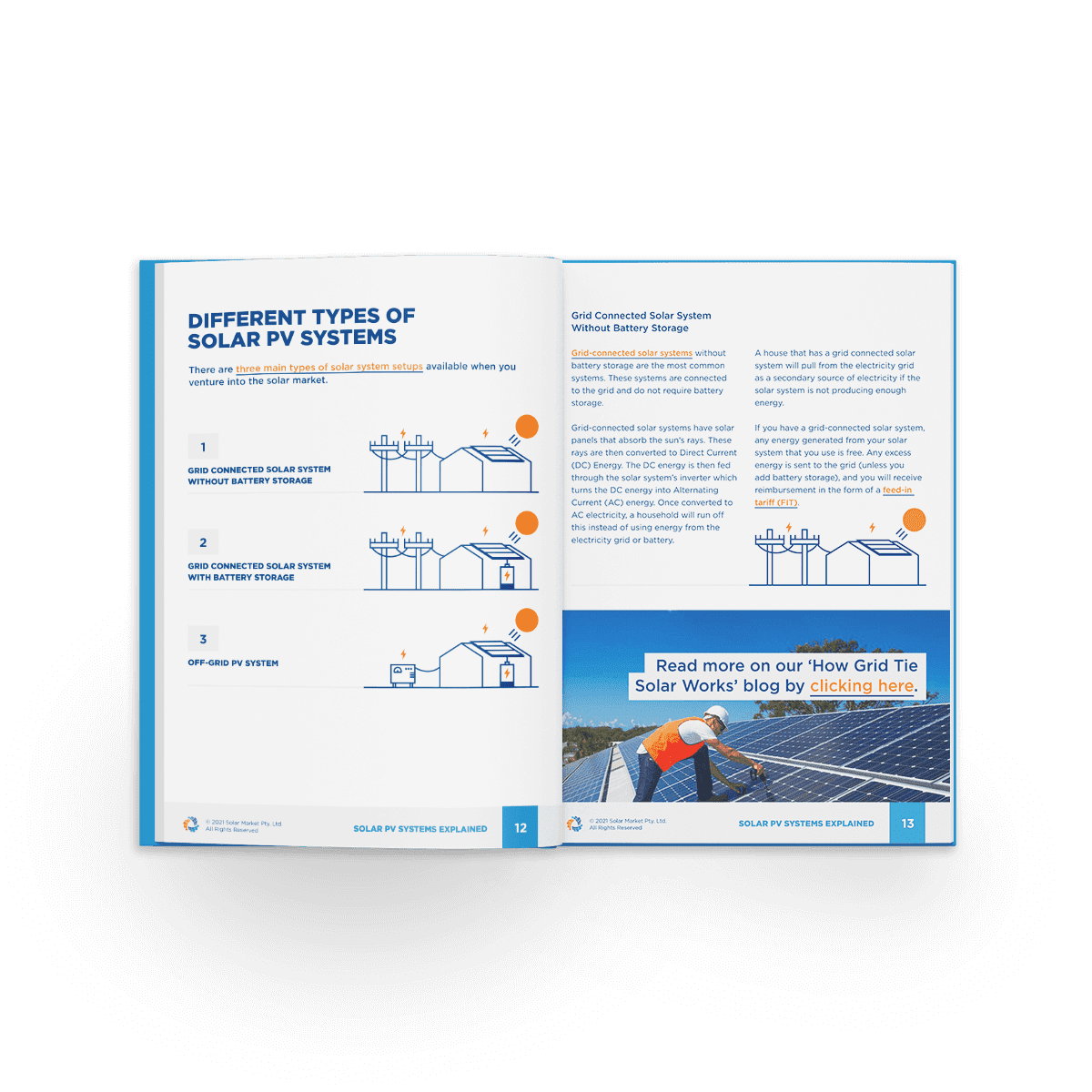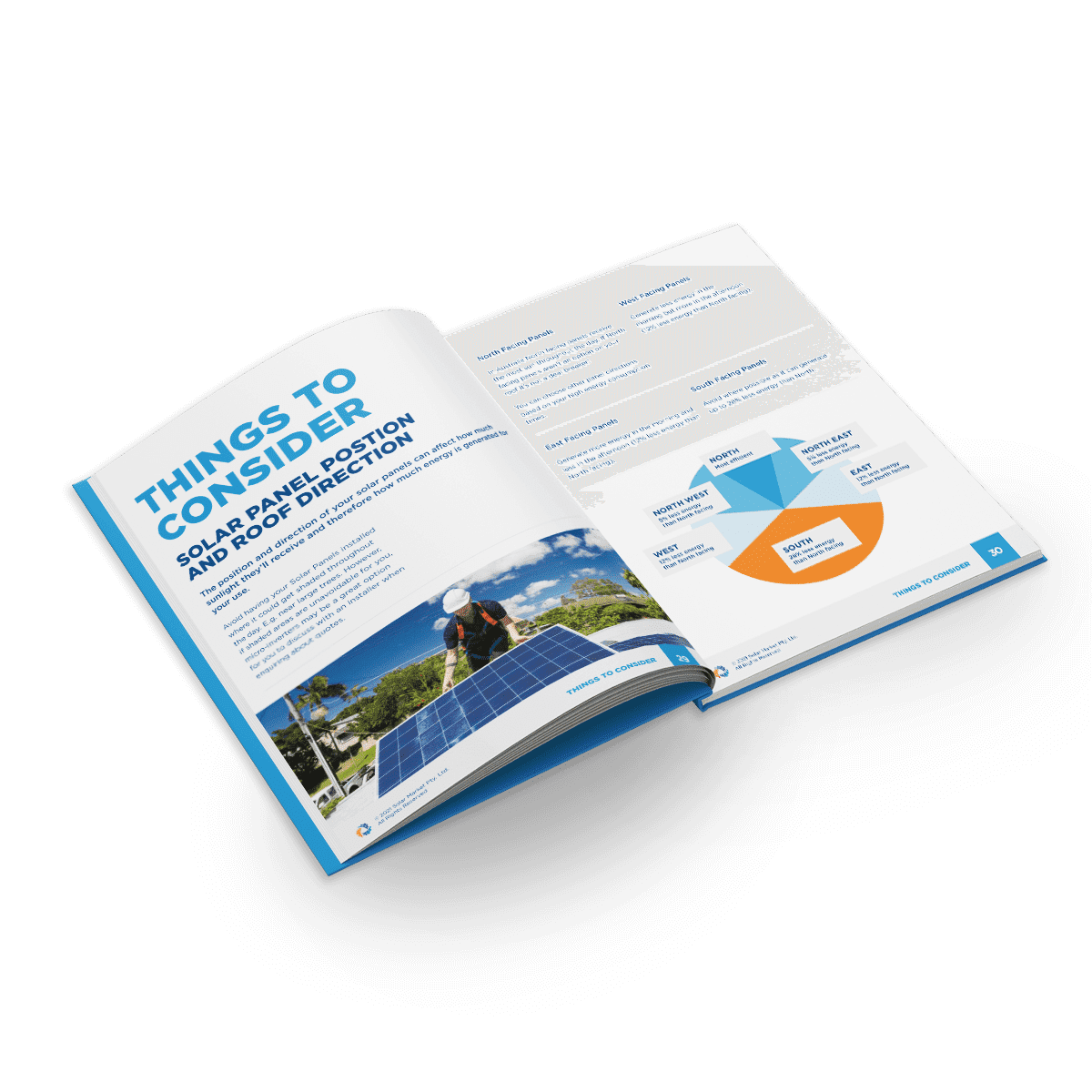Power Up Your Decision: Assess Your Energy Needs to Determine if Solar Panels are Right for You
There are a lot of factors to consider when installing solar. It’s worth taking the time to breakdown your energy needs, lifestyle, and budget to understand if a solar panel system suits you. How Much Electricity Do You Use? Take a look at some of your most recent electricity bills and breakdown roughly how much power you use in a day. For reference, the average Australian home with 3 bedrooms, an average sized family and reasonable aircon use will have a daily consumption of 15kilowatt-hours (kWh) to 25kWh. It’s also worth looking at your bills across seasons, heating in winter and cooling in summer uses huge amounts of power compared to other appliances. It’s valuable to know how much and how little power you use.

Estimate How Much Electricity You Use During the Day
Solar panels only produce electricity in daylight hours, and its more valuable to use up the energy you generate then to sell it back to the grid. Take the time to estimate just how much power you use during the day. If you are home during the day or run a pool or spa then solar system installation is likely a very good idea. If you aren’t home during the day, solar is still worth it but it will extend the length of your payback period by a couple years. Is it possible for you to use timers on your appliances so they run during the day? Doing so would make solar more viable.
What Sized System Do You Need Then?
The things to consider when figuring out the size system to install are your budget, pricing, your roof size, the amount your Distributed Network Service Provider allows you to install and your daytime electricity usage. The standard recommendation for an average home is a 5kW system and 6.6kW solar panels. You can calculate what sized system you need based on your electricity usage, 1kW of solar panels = 4kWh of electricity produced per day. This is a general rule, but your location (and how much sun it gets), the time of year, the orientation of the panels and their age all affect this rule. But the quickest way to see what system size you need is to take our quiz; it takes 2 minutes to show you the best estimated system size for your home and its cost. You should also consider that it’s easier and cheaper to install more panels during the initial installation then to retrofit them later. Extra panels help to generate more power for you on those overcast days. However, it’s easy to retrofit a battery later, so you could add storage in the future when rebates arrive for batteries and their prices start to decrease.

Calculate Your Payback Period
To calculate your payback period and understand when you’ll stater to get return on your solar investment you will need to know the average cost of the system your looking at, a feed in tariff for your state, a power bill and the willingness to do a little maths. So, let’s take a 6.6kw solar system, it’ll produce 26.4kWh of energy. Now let’s assume you pay 36 cents a kWh. That means that if you consumed all of that solar energy in one year, you would save $3468.96 (26kWh x 0.36 cents x 365 days).
This assumes 100% consumption which is just not going to happen, so consider those figures the absolute best case. Let’s calculate a worst case where you don’t use any of the energy the solar panels produce and export it all back to the grid. Here you need to know a feed in tariff, these vary per state and per energy provider. For examples sake let’s say its 9 cents. If we calculate this again, you save $867.24 (26.4kWh x 0.09 cents x 365 days), remember this is worst case. Your actual savings are very likely to sit somewhere in between.
So, for a $6000 system, best case your pay back is just under 2 years ($6000 divided by $3468.96) and worst-case payback is just under 7 years ($6000 divided by $867.24). Again, the real figure of what you will save sits somewhere in the middle and considering a solar panel system has a 25-year life span you’ll be making big savings for most of its life. So What Should You Do?
Run the numbers and do your research. Our quiz is the quickest way you can get some good customised estimates on what sized system you need and a rough gauge of how much it’ll cost. We also recommend talking to solar installers and comparing actual quotes, they can answer your questions and give you better figures to work with. We have a service where you can get 3 quotes for free to compare. It’s worth comparing at least 3 installers to make sure your getting a system that suits your needs and home (and not one that suits the installer).


